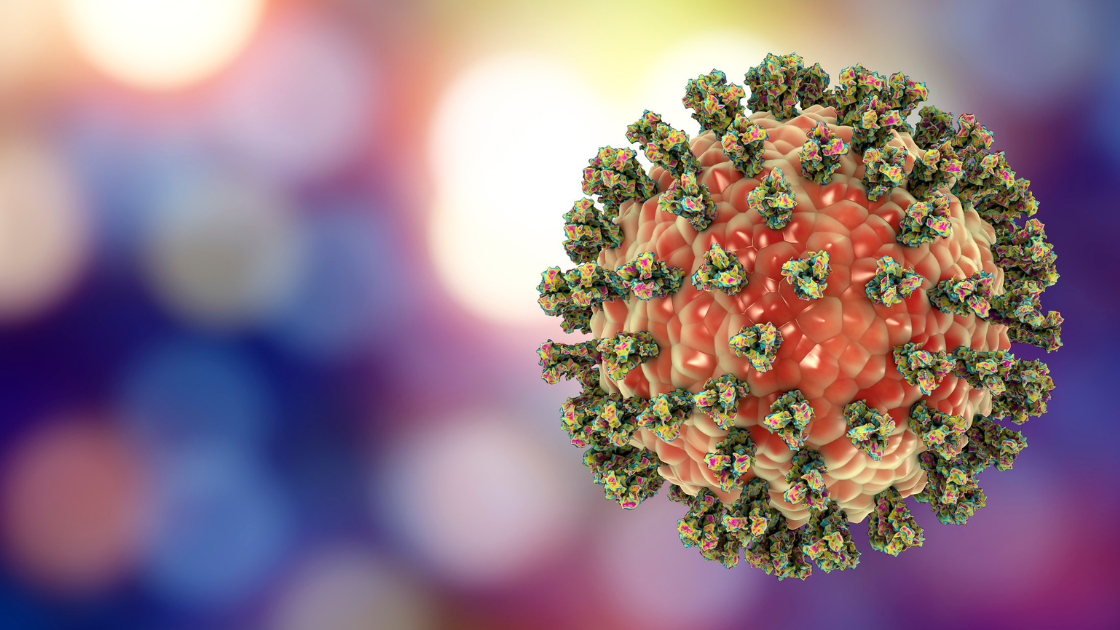Ingredients Found in Your Detergent Could Be Damaging Your Health
Presented by Immanence Health
Written by Dr. Irina Strelyuk
Did you know most laundry detergents sold in grocery stores are full of toxic chemical compounds that are damaging to human health and the environment? Some of these harmful chemicals include bleach, brighteners, dioxane, fragrance, phenols, surfactants, and more.
One of the problematic substances in laundry detergent is the ingredient “fragrance”. This seemingly simple ingredient is code word for chemicals in the product and is simply providing a perception of cleanness. The FDA allows companies not to list all the different chemicals used to make the fragrance as it considers it a “trade secret” and companies are not forced to disclose. (1) Up to 3,163 ingredients can be undisclosed under the “fragrance” ingredient! (2)
In an October 2016 study by Anne Steinemann, a fragrance chemical researcher, study participants reported health problems from the sent of laundry products that included mucosal symptoms (watery or red eyes, nasal congestion, sneezing), respiratory problems (difficulty breathing, coughing, shortness of breath), skin problems (rashes, hives, red skin, tingling skin, dermatitis), migraine headaches, gastrointestinal problems (nausea, bloating, cramping and diarrhea), asthma attacks and others. (3)
Fragrance
Let’s break down the word fragrance a bit more. Phthalates are a group of chemicals that are colorless and odorless liquids, often disguised as “fragrance”. These chemicals, sometimes also called plasticizers, are known to disrupt hormones in humans and are linked to a long list of health problems including reproductive problems, infertility, abnormal fetal development, epigenetic changes, insulin resistance and type II diabetes, overweight and obesity, allergy and asthma, and cancers. (4, 5, 6)
Keep in mind that “natural fragrance” doesn’t always mean safe as these products are typically processed with the use of toxic solvents. “Unscented” detergents can present with the same health risks as products with fragrances because additional chemical are often used to mask the scent.
All of this information can be overwhelming and it may be difficult to figure out where to start. The Environmental Working Group (EWG) website is a good place to look up the different ingredients in your laundry products and see how they rate on the toxicity scale.
Products to Avoid
Avoid products that come with a warning, caution or danger on the label. Avoid products with instructions to wear gloves or a mask when using them.
Always check the ingredient list and avoid any products that say:
- Fragrance, including natural fragrance (unless specific good quality essential oils are listed)
- Unscented or “free and clear” (unless the ingredient list is transparent and non-toxic)
- Any of the following listed on the label:
- Polyethylene, polyethylene glycol, polyoxyethylene (PEG)
- Ingredients ending in “eth” such ceteareth, laureth, myreth, oleth
- Sodium laureth/laurel sulfate
- Oxynol
The good news is that there are many more options available now compared to a few years ago that are better alternative to the name brand conventional products typically found in the grocery store isles. Products that are better for human health and the environment. Start with EWG and also look online for non-toxic laundry products as well as options for non-toxic home made recipes for laundry detergent.
Dr. Strelyuk specializes in Complex Chronic Illness, Mold and Mycotoxin Illness, Vector-Borne Illness, Immune Dysfunction, and Health Optimization.
A typical patient for Dr. Strelyuk is someone who has already seen several doctors and specialists. A person with relatively normal lab results that do not match the long list of symptoms they are experiencing, as well as individuals who tend to be more sensitive to various treatments including herbs, supplements, and homeopathic remedies.
In addition to working with people with chronic illnesses, Dr. Strelyuk enjoys supporting individuals who are interested in preventative medicine and in optimizing their health before symptoms appear.
To learn more about working with Dr. Irina Strelyuk in person or virtually (US and Worldwide), set up a free discovery call with our team.
References:
1. https://www.fda.gov/cosmetics/cosmetic-ingredients/fragrances-cosmetics#labeling
2. https://www.ewg.org/news-insights/news/3163-ingredients-hide-behind-word-fragrance
3. https://link.springer.com/article/10.1007/s11869-016-0442-z#Fn1
4. https://pubmed.ncbi.nlm.nih.gov/28800814/
5. https://pubmed.ncbi.nlm.nih.gov/27044004/
6. https://pubmed.ncbi.nlm.nih.gov/17017909/
Disclaimer: this post is for informational purposes only and is not meant to treat, diagnose, cure, or prevent any disease. Please do your own research and consult with your own personal licensed health care provider before making any treatment decisions.
Share Article

Dr. Christine Schaffner
Founder / Physician
Dr. Schaffner is a board-certified Naturopathic Doctor and recognized thought leader. After graduating from Bastyr University in Seattle, Washington, Dr. Schaffner completed her undergraduate studies in Pre-medicine and Psychology at the University of Virginia in Charlottesville.
With her diverse skill set, Dr. Schaffner seeks to improve access, outcomes, and speed of recovery for patients struggling with chronic illness, from all around the world and combines both naturopathic and conventional therapies to develop individualized treatment plans that focus on addressing the underlying cause of complex chronic illness.
Dr. Schaffner is passionate about educating patients, as well as other practitioners, bringing the most advanced medical protocols to all, as well as creating spaces for healing and rejuvenation. Her style of practice is strongly rooted in traditional naturopathic principles, including removing toxins and establishing a strong health foundation in order to achieve optimal health.
You can learn more about Dr. Schaffner at www.drchristineschaffner.com.
Additional Articles


